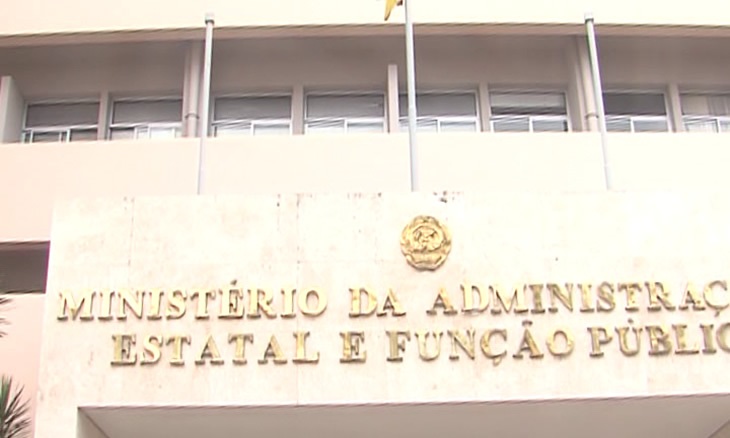Mozambique: UN calls for 'adequate funding' for women's initiatives
Mozambique to hire 3,962 public servants in 2026, including 600 for criminal investigation

File photo: O País
The Mozambican government plans to recruit 3,962 State Employees and Agents (FAE) in 2026, including 600 for the Criminal Investigation Service (Sernic), according to data from the budget proposal that Lusa accessed today.
The measure, according to the 2026 Economic and Social Plan and State Budget (PESOE) proposal, which parliament will begin analysing in the coming days, is justified by “the need to strengthen priority sectors, ensuring greater capacity to provide essential services to the population”, but contrasts with the authorisation to hire 4,142 workers in 2025 and 4,880 in 2024.
In 2026, the government plans to hire 2,361 workers for the education sector, mostly teachers; 582 in health; and 234 in agriculture. The document also refers to the authorised recruitment of 745 workers for the justice sector, including 600 specifically for Sernic, which in 2025 came under the authority of the Attorney General’s Office (PGR).
These recruitments, the PESOE notes, will have an estimated budgetary impact of 1,135 million meticais (€15.2 million).
The Mozambican government promised on 30 September to clarify and hold accountable state agents allegedly involved in the payment of salaries to around 18,000 “ghost” public servants detected this year.
“Now, what we are going to do is move to the next phase: clarify the issues and hold people responsible, because there are responsible parties. In a payroll system there are always responsible parties; there is a process that runs until the salary is credited to an account. So, we want to understand this chain: who processed the salary for someone, who confirmed the presence of that person who does not exist, how it ended up on the payroll, why it was paid,” said government spokesperson, Inocêncio Impissa.
Days earlier, the Mozambican Minister of State Administration and Public Service also stated that around 18,000 “ghost” public servants were deactivated this year, promising to “purify” the ranks of these state agents.
“Based on the work we have been doing and the systems we have been introducing, we have been able to detect cases of salary misdirection. In total, around 18,000 employees have been deactivated during this period […],” he said.
Impissa stated on 30 September that it was only possible to identify these “ghost employees” after the executive introduced an electronic mobile-based system for proof-of-life for public servants and state agents, replacing the previous system that allowed payments to these 18,000 employees.
“For example, we detected cases of colleagues who had died but continued to receive salaries even after death, at least since 2021; cases of employees retired four years ago who continued to receive salaries, and we are not sure if it was them or someone else receiving the salary in their place, and this is investigated through a correspondence process,” he noted.
According to the official, these supposedly non-existent employees were called to attend in-person meetings but did not appear.
Impissa admitted that there is not yet concrete data on the losses accumulated as a result of these crimes, because “each employee has a different salary”, depending on their category, and in such cases “it is not possible to know at first [sight]”.












Leave a Reply
Be the First to Comment!
You must be logged in to post a comment.
You must be logged in to post a comment.